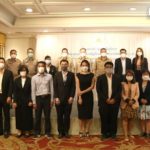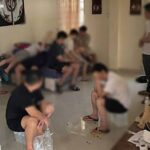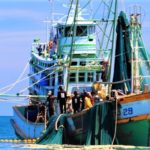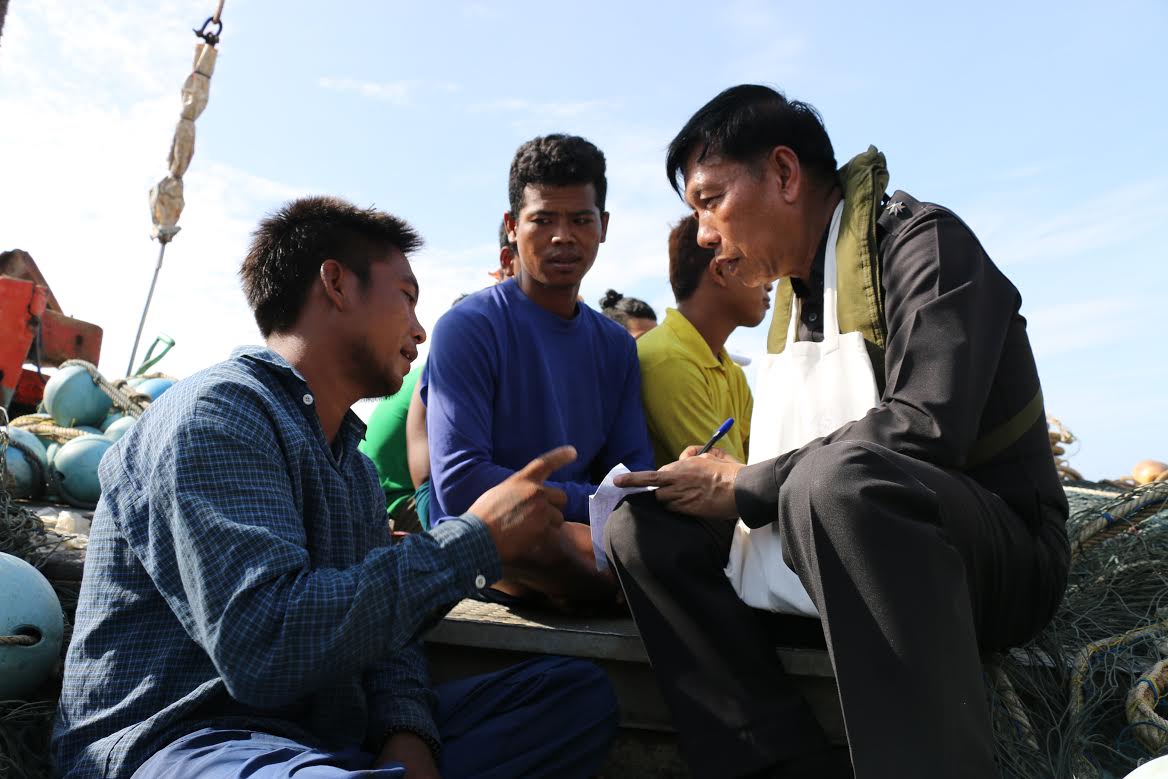
The Bangkok Post on 24 May 2016,
The Department of Fisheries, Ministry of Agriculture and Cooperatives, as a core agency overseeing the country’s fishery; aquatic animal culture; and processed aquatic animals, is committed to tackling labour problems in the seafood industry. Recently, the Department has put in motion a new plan to protect labour rights and resolve human trafficking in the fisheries industry, from upstream to downstream along the entire supply chain, in line with the national agenda addressing the human trafficking problem.
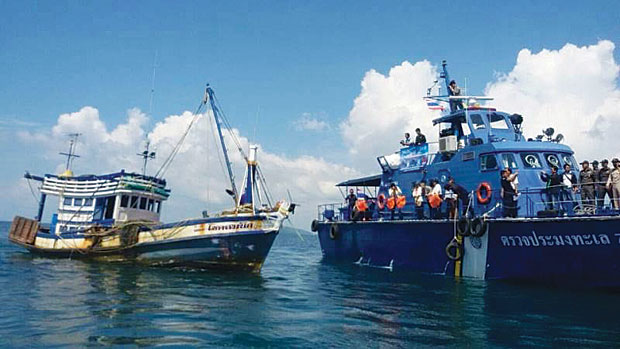
This effort has led to the advent of the Masterplan for Labour Problem Resolution in the Fisheries Industry following the 22 June 2016 consensus of the coordinating subcommittee on migrant workers in the fisheries sector where practice guidelines were determined to solve human trafficking with respect to fisheries labour. The Department of Fisheries, in association with Marine Department, was commissioned to execute the fishing boat organisation and boat access control. The Department of Fisheries was also made responsible for forming the masterplan to solve labour problems in the fisheries industry and for cooperating with all parties concerned in both the public and private sectors to conduct a general hearing.
The Masterplan received positive comments and gained agreement for comprehensive and proactive strategies that will effectively integrate all parties concerned.
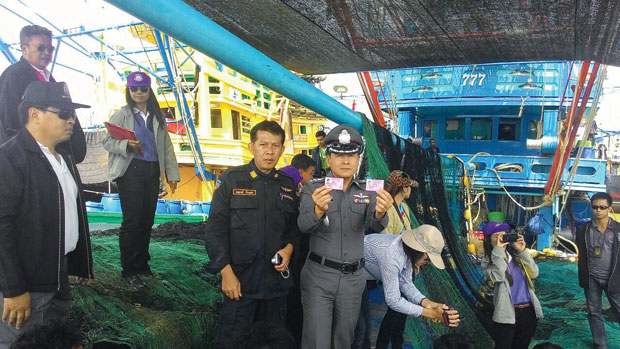
The Masterplan has been approved by General Chatchai Sarikulya, Deputy Leader of the National Council for Peace and Order (NCPO) and Chairman of the National Policy Commission on Labour Migration. The Masterplan will help resolve problems relating to labour migration and human trafficking in the fisheries industry more effectively. The next move is to collect comments from all parties concerned and put them into practice. Meanwhile, extensive cooperation with all parties concerned to execute the plan will be put in motion.
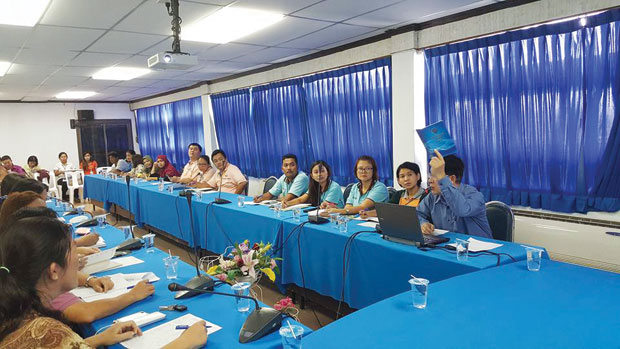
The Masterplan for Labour Problem Resolution in the Fisheries Industry comprises 10 key strategies, as follows:
- Promote Good Labour Practice (GLP) among fisheries entrepreneurs, including initial processed aquatic animal entrepreneurs and processed seafood factories.
- Promote the GLP Platform and Monitoring Development in line with the country’s GLP standard for the fisheries industry.
- Conduct fishing boat organisation to prevent IUU fishing and human trafficking.
- Accelerate registration of migrant workers for fisheries labour.
- Promote integrated cooperation among boats and labour inspections.
- Integrate access control and inspections of commercial fishing vessels.
- Integrate inspections of fishing boats outside the country’s territorial waters and crossing Thai sea boundaries.
- Provide training and workshops for government officials and entrepreneurs on human trafficking prevention and suppression.
- Promote a good image of Thailand’s fisheries industry to boost customer confidence in international markets.
- 10. Prepare for the foundation of a Fishery Labour Screening Centre in migrant workers’ originating countries.
The Masterplan for Labour Problem Resolution in the Fisheries Industry will considerably improve working conditions of fisheries labour, whether Thais or migrants. It will ensure that their working conditions fully comply with international standards, including the effective suppression of human trafficking in the industry. As a result, Thailand’s image with respect to human rights will improve among the international community. — ADVERTORIAL
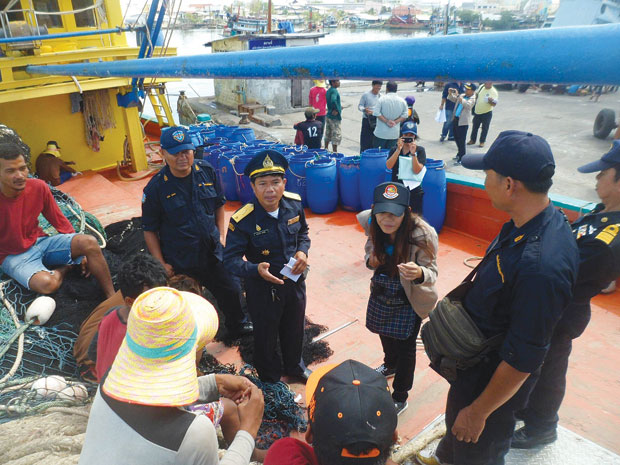
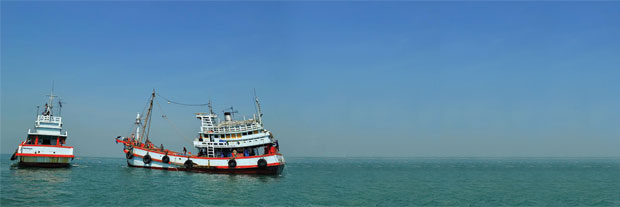
Source: The Bangkok Post

